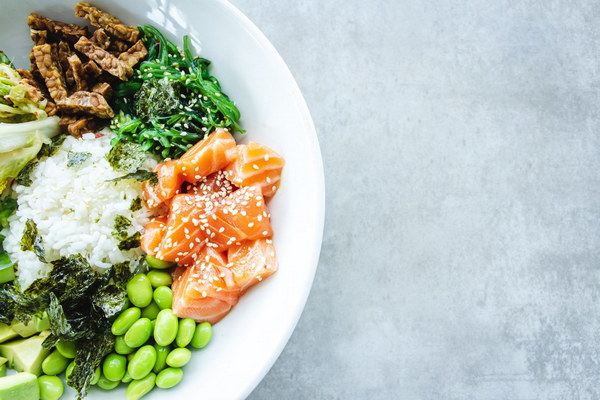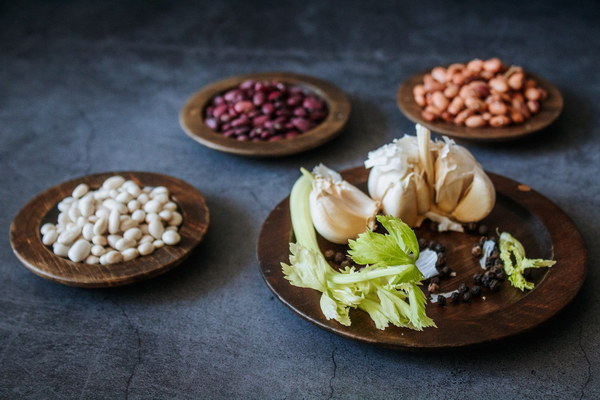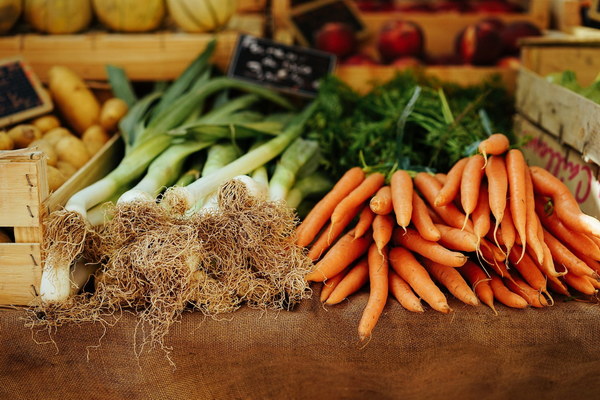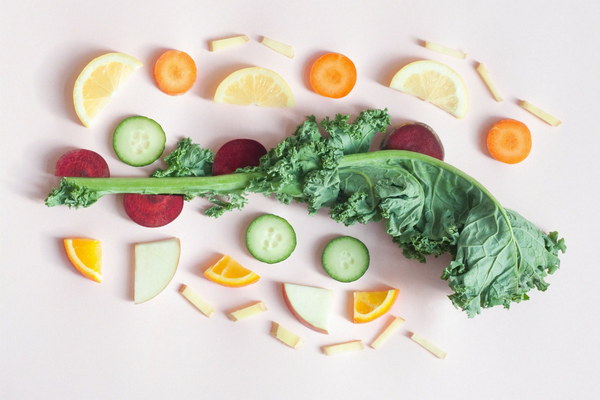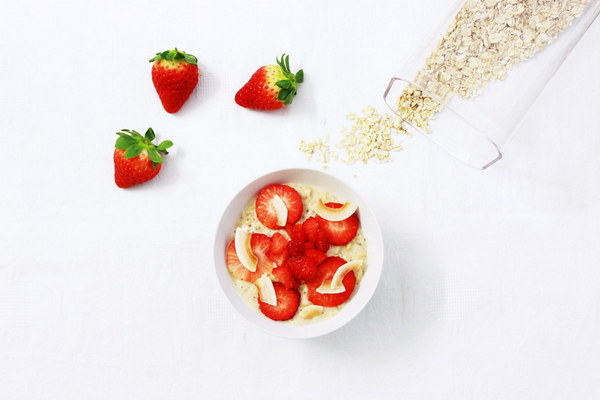Optimal Postpartum Care Nurturing Your Spleen and Stomach for a Healthier Recovery
Introduction:
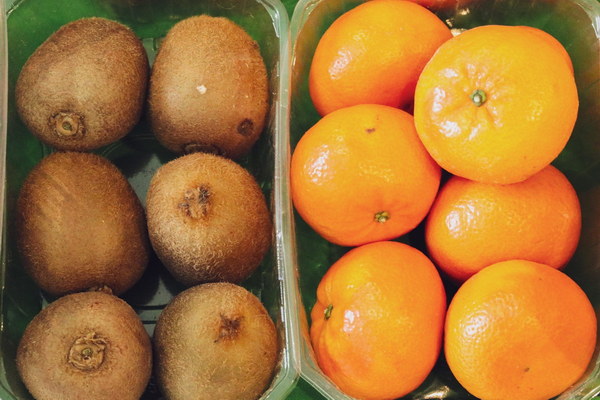
After the physical and emotional journey of childbirth, it's essential for new mothers to focus on postpartum care, especially in nurturing their spleen and stomach. The spleen and stomach are vital organs in Traditional Chinese Medicine, responsible for digestion, absorption, and overall energy balance. Here are some practical tips and strategies to help new mothers nourish their spleen and stomach for a healthier recovery.
1. Opt for a Balanced Diet:
A balanced diet is crucial for postpartum health. Incorporate a variety of nutrient-rich foods into your meals, including:
- Lean proteins: Chicken, fish, tofu, and eggs are great sources of protein, which aid in tissue repair and muscle strength.
- Complex carbohydrates: Brown rice, quinoa, and whole grains provide sustained energy and support digestion.
- Fruits and vegetables: Fresh fruits and vegetables provide essential vitamins, minerals, and antioxidants, promoting overall health and boosting the immune system.
- Healthy fats: Avocado, nuts, and seeds are excellent sources of healthy fats that support brain development and energy levels.
2. Avoid Cold and Raw Foods:
Cold and raw foods can be difficult for the spleen and stomach to process, leading to discomfort and digestion issues. Avoid cold drinks, ice cream, salads, and uncooked vegetables during the postpartum period.
3. Eat Small, Frequent Meals:
Eating small, frequent meals helps prevent overburdening the spleen and stomach. Aim for 5-6 small meals throughout the day, ensuring that each meal is well-balanced and easy to digest.
4. Incorporate Spleen and Stomach-Supporting Foods:
Certain foods are known to nourish the spleen and stomach. Include the following in your postpartum diet:
- White meat: Chicken, turkey, and fish are gentle on the digestive system and rich in protein.
- Root vegetables: Carrots, sweet potatoes, and beets are grounding and help strengthen the spleen and stomach.
- Herbs and spices: Cinnamon, ginger, and turmeric have warming properties that aid digestion and reduce bloating.
- Soups and stews: Warm, comforting soups and stews are easy to digest and provide essential nutrients.
5. Stay Hydrated:
Drinking plenty of fluids is crucial for postpartum recovery. Water, herbal teas, and broths are ideal options. Avoid caffeine and alcohol, as they can dehydrate and disrupt digestion.
6. Practice Gentle Exercise:
Engaging in gentle exercise, such as walking, yoga, or prenatal Pilates, can help improve digestion and reduce bloating. Consult with a healthcare provider before starting any exercise routine during the postpartum period.
7. Manage Stress:
Stress can weaken the spleen and stomach, leading to digestion issues. Practice stress-reducing techniques, such as deep breathing, meditation, and adequate sleep.
8. Seek Professional Advice:
If you're experiencing persistent digestion issues or discomfort during the postpartum period, consult with a healthcare provider or a Traditional Chinese Medicine practitioner. They can offer personalized advice and recommend herbal remedies or other treatments.
Conclusion:
Nurturing your spleen and stomach during the postpartum period is essential for a healthier recovery. By following these tips and strategies, new mothers can ensure that their digestive system is well-supported, leading to improved overall health and well-being. Remember, taking care of yourself is crucial for taking care of your baby.



